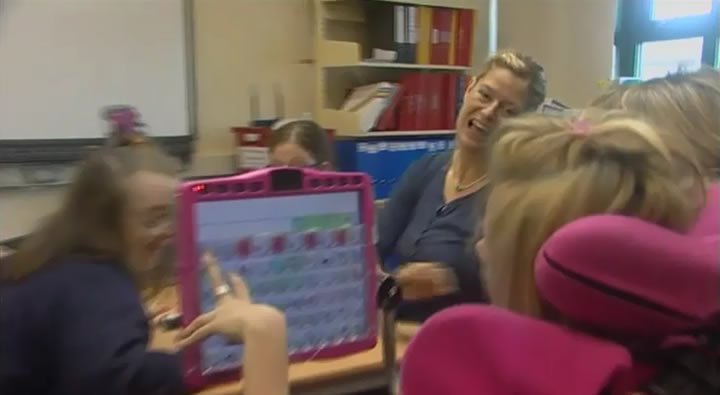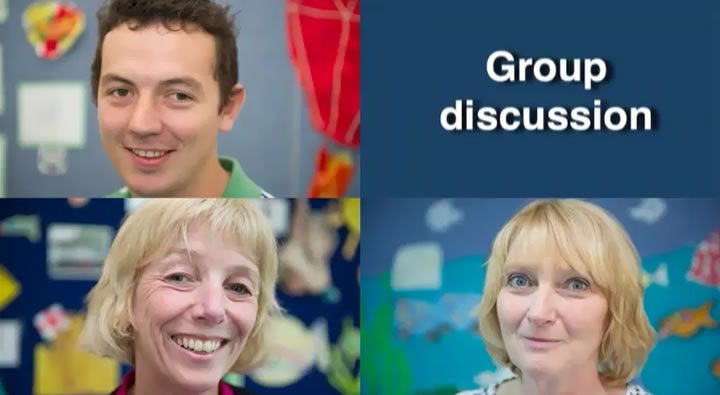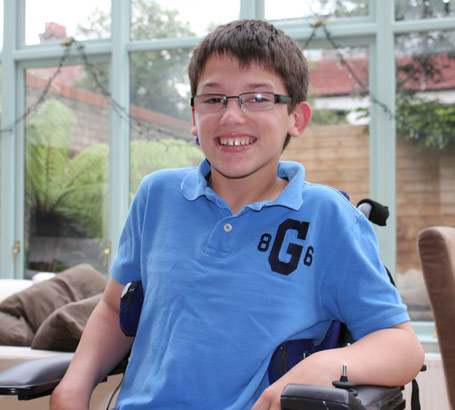
In the past, the 'Every Child Matters' outcomes have been used as indicators for pupils' achievement, which goes beyond academic attainment. For pupils with complex needs, the key indicators for quality of life discussed in the previous section can offer an even broader perspective on the purpose education. Children's progress, and thus improvements in their quality of life, can be assessed against each of the eight indicators.

Most children with complex difficulties have issues around their physical well-being. For some children, this may include conditions that require medication or hospitalisation. Similarly, many children with complex needs have emotional and behavioural difficulties (see also the module Promoting Positive Behaviour) some of which arise from problems with relationships or difficulties with communication.
Using quality of life indicators, the ECM outcome 'Be Healthy' can be looked at in terms of improving children's physical and emotional well-being. So, for example, to improve a child's physical well-being, schools might employ and train staff so that children's medical needs can be met in school, thus reducing the amount of school missed. Providing a child with a suitable means of communication can reduce frustration and improve emotional well-being.
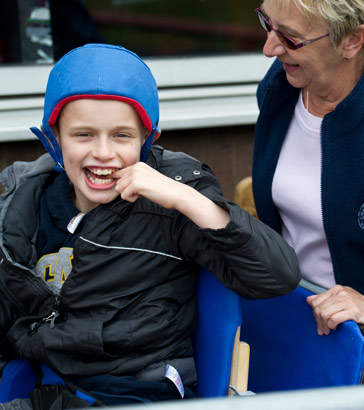
Self-determination is the ability to make choices and determine the course of events. People with complex needs who are able to determine important aspects of their life experience a better quality of life and are able to be less dependent on society. It is important that teachers and caregivers provide opportunities for children with complex needs to express their views and make choices if they are to participate as fully as possible in society.
Even pupils with the most complex needs can make choices.
The progress that children make in their interpersonal relationships is a vital factor in improving their quality of life. Pupils who use communication devices often use them for functional purposes only. To improve quality of life for such pupils, it is important to encourage their use for social purposes too.
Look at this video clip in which pupils who have communication difficulties are encouraged to use their communication devices to chat with their friends.
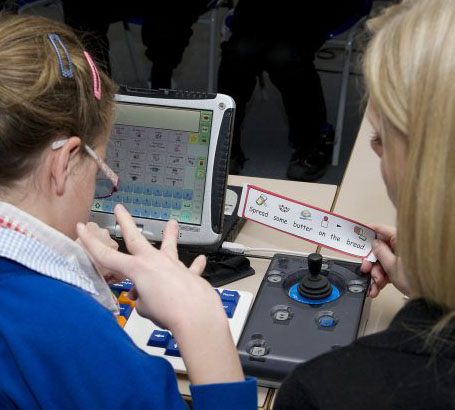
Personal development is the acquisition of new skills and knowledge. In ECM, achievement is linked to enjoyment, but it is important to recognise that any of the quality of life indicators can be linked to enjoyment.
The quality of life indicator 'material well-being' relates to the ECM outcome 'Achieve economic well-being'. Material well-being focuses on the material resources that child with complex needs and their family has access to. This includes their living conditions, any specialist equipment they need and access to resources in school and the wider community.
Many children with complex needs will never achieve complete economic independence because of limitations on their employability. However, it is important that children are given every opportunity to become as financially independent as possible.
Listen to this audio clip in which the headteacher of a special school talks about the post-16 curriculum and the importance of enterprise projects within that.
Rights and privacy do not feature significantly in ECM, however they are very important factors in ensuring a good quality of life for people with complex needs. Respecting and upholding the rights and privacy of all children protects and safeguards their futures.
Listen to this audio clip in which school staff discuss issues around personal care. Note how staff work to ensure pupils' privacy and dignity.
- Physical well-being
- Emotional well-being
- Self determination
- Interpersonal relationships
- Social inclusion
- Personal development
- Material well-being
- Rights and privacy
Using the above quality of life indicators, work with a group of colleagues to identify, for each indicator, the things that your school does well and areas where improvements could be made. You are likely to be able to identify strengths and weaknesses in relation to each indicator and these may vary in relation to different children.
Decide on the steps you need to take to improve any weaknesses you identified - for example, you may need to discuss matters of policy with senior staff, whereas changes in your own practice might be easier to implement.
Decide on some success criteria so that you will know when things have improved. Make an action plan, carry it out and monitor the impact of the changes you make in relation to the quality of children's lives.
Material later in this module will help you
measure quality of life.

Schalock, R., Brown, I., Brown, R., Felce ,D., Matikka, L., Keith, K., and Parmenter, T. (2002) Conceptualisation, measurement, and application of quality of life for persons with intellectual disabilities: report on an international panel of experts. Mental Retardation, 40, 457-70
